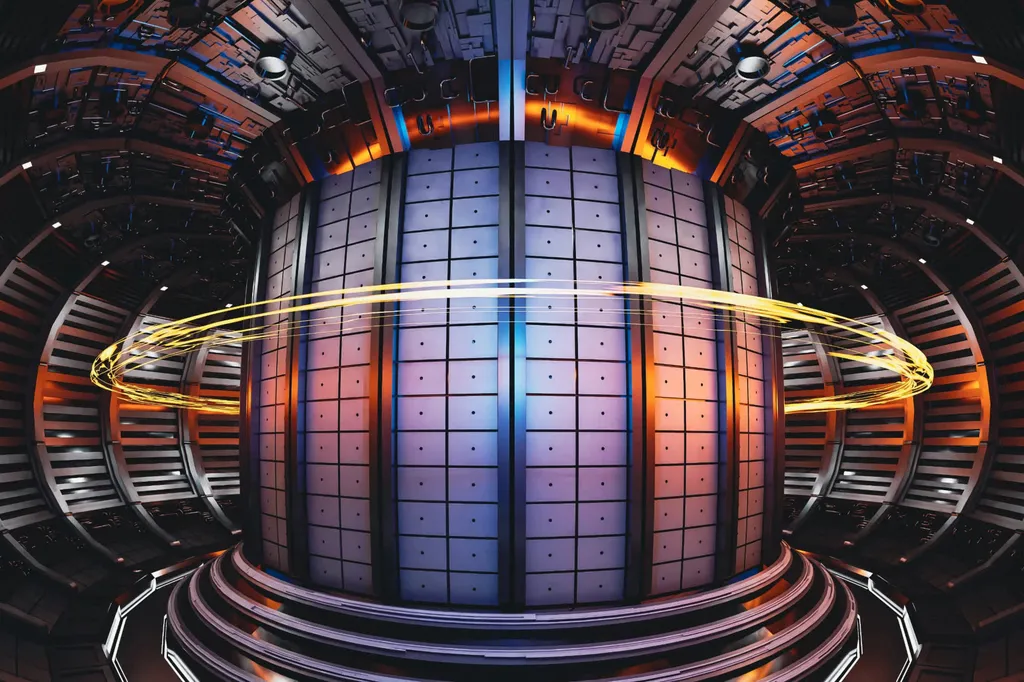In the quest to harness fusion energy, one of the most promising yet challenging endeavors in the energy sector, scientists are making strides in understanding how materials behave under the intense conditions of a fusion environment. A recent study published in the journal “Nuclear Fusion” (translated from its original title) and led by A. Ibarra from IFMIF-DONES España and CIEMAT in Spain, sheds light on the critical need for a robust neutron source to test and validate materials for future fusion reactors.
The study emphasizes that developing fusion technology hinges on understanding how materials and components perform under the extreme conditions of a fusion reactor. “A neutron source capable of producing neutrons with a fusion-like energy spectrum is essential,” explains Ibarra. This source must also generate a significant volume of irradiation to allow for comprehensive material testing and achieve damage levels that exceed those expected during the operational lifetime of a reactor.
The research reviews various concepts for such a neutron source and presents the design of the DEMO-oriented neutron source (DONES), which is based on the deuterium-lithium (d-Li) reaction. DONES is envisioned as a facility that can validate tritium breeding technologies, both solid and liquid metal-based, and contribute to the development of fusion technology.
One of the most compelling aspects of DONES is its potential to become a multidisciplinary neutron science facility. The study discusses the concept of a neutron time-of-flight (TOF-DONES) experiment, which could be used for nuclear physics experiments, cross-section measurements, and studies in nuclear technologies, astrophysics, and particle physics. This versatility could make DONES a valuable asset not only for the fusion community but also for other scientific disciplines.
The implications for the energy sector are significant. As the world seeks to transition to cleaner and more sustainable energy sources, fusion energy holds great promise. However, the path to commercial fusion power is fraught with technical challenges, particularly in developing materials that can withstand the harsh conditions inside a fusion reactor. DONES could play a pivotal role in accelerating the development of these materials, bringing us closer to realizing the dream of fusion energy.
The study also outlines a preliminary irradiation program at DONES, providing a timeline for how the facility could be exploited to address the most pressing challenges facing DEMO, the proposed demonstration fusion power plant, and future fusion reactor technology.
In summary, the research led by Ibarra and his team highlights the critical need for a facility like DONES to advance fusion technology. By providing a robust neutron source for material testing and validation, DONES could significantly accelerate the development of fusion energy, offering a cleaner and more sustainable future for the energy sector. As Ibarra notes, “DONES has the potential to become a game-changer in the field of fusion energy, paving the way for a new era of clean and sustainable power generation.”

